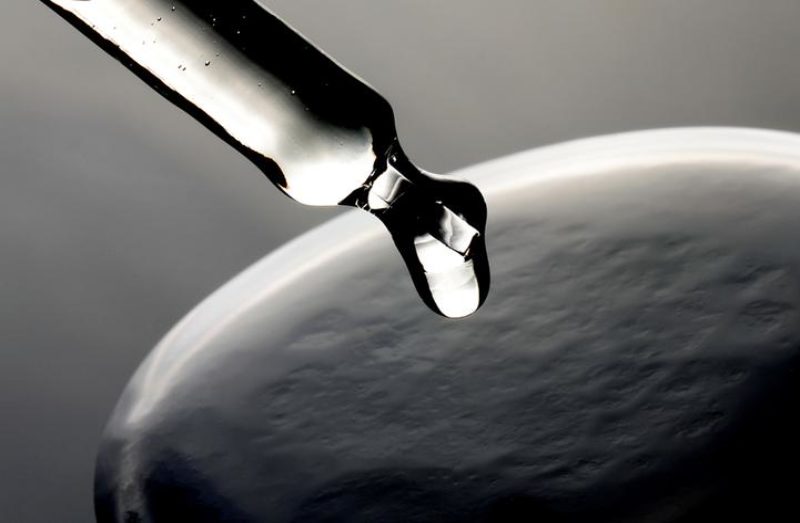If you want to transform the look of ageing skin fast, any dermatologist will tell you there’s one skincare ingredient you need; Retinol.
Retinol is derived from Vitamin A, a key component of the skin’s molecular structure. Back in the 1970s it was noticed that acne patients trialling Tretinoin, a stronger type of retinoid, not only benefitted from reduced breakouts and scarring, but their skin appeared remarkably line-free and glowing.
Scientists realised that Vitamin A had the power to alter the skin’s DNA, reversing the signs of ageing.
Not all Vitamin A-based products are created equally, so it’s important to understand which your skin needs and how to get the best results.
The common beauty terms for Vitamin A are Retinol, Retinoids and Retinyl Esters. Simplistically they all deliver the active ingredient Retinoic Acid, but the difference is in the potency – the relative strength and speed with which they act.
In order of strength, prescription Retinoids contain the highest concentrations of Retinoic Acid which is ready for immediate use by the skin. Next, and available in cosmetic formulations is Retinol, which works in a similar way but is processed by the skin more slowly. And then the Esters, commonly called ‘Pro-Retinols’ which are much slower and weaker in action as it takes more time for the skin to convert these actives into Retinoic Acid.
Theywork by encouraging the rapid increase of cell turnover, revealing new cell growth underneath. They support the longevity of collagen (the building blocks of elasticity in the skin) and thicken the deeper layer of skin where wrinkles get their start.
Over time fine lines and wrinkles are softened and the skin looks plumper and more radiant.
How high is too high?
Retinol formulations usually come in fluid form and range in concentration from 0.025% – 0.1%. Whilst some brands go as high as 2%, this is rarely advisable. Whilst you may see marginally faster results from a higher formulation, you also strip the skin and lead to a condition professionals call ‘over-exfoliation’. Too high a dose can thin the skin, leaving it exposed to increased pollution damage and sun sensitivity which will ultimately age it faster.
Next Generation Retinols
The latest Retinols harness the benefits of time-release delivery systems, ideal for those with sensitive skins (up to 60% of us) as you avoid a big hit of the formula all at once and reduce the inflammation risk.
When you apply a Retinol is also important. Dr Prager recommends a night-time application for several reasons. Sunlight damages active Retinol so daytime use is less effective, it can also cause a reaction with the skin leading to increased sun sensitivity. The skin’s repair processes are also most intensive during the night, so the active ingredients work their hardest whilst you’re sleeping.
Our Urban Protect Night Oil is a gentle formulation with encapsulated Retinol at 0.1%. As well as being slow released to the skin to prevent irritation, this anti-ageing powerhouse is blended with Organic Virgin Argan Oil, Evening Primrose and Rosehip Oil offering soothing, anti-inflammatory properties. In addition, powerful anti-oxidants Vitamin E and Raspberry Seed Oil work to protect the skin against future damage.
Shop Now
